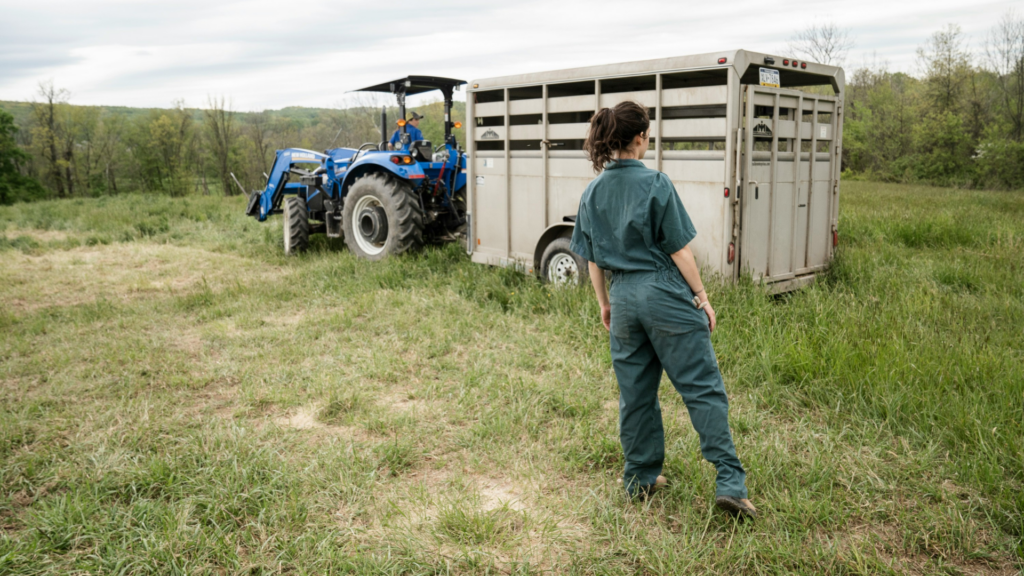
Gender equality is not only an important milestone for women*, but the entire society can benefit from it. In fact, women are very important in combating extreme poverty, hunger and malnutrition. This is the very reason the United Nations called the International Day of Rural Women into life, to bring attention to this (invisible) group of women.
Invisible rural women?
Women constitute a significant proportion of the rural population, both formally and informally, providing reproductive labour to their husbands and families within the agricultural sector. Women thus directly and indirectly provide a significant contribution to agricultural production, food (security), land and natural resource management and building a sustainable form of agriculture.
Women account for about half of global food production, yet they have less access than men to the resources and services needed to maintain a productive agricultural system. Women are also less likely to own their own land; only 15% of all landowners are women, and often these are smaller plots of land.
Rural women good for Mother Earth
Rural women are often early adopters of new farming techniques and entrepreneurs of green energy, contributing to sustainable progress in the way land is cultivated. Research shows that women think and act more environmentally consciously than men. Since women provide almost half of global food production, if given the right resources and support, this could therefore be done in a more sustainable way.
This will not only bring us closer towards Sustainable Development Goal 5, which is gender equality, but steps will also be taken towards SDGs 1 (no poverty), 2 (zero hunger), 13 (climate action), 14 (life below water) and 15 (life on land) when investing in agricultural women.
Women*: we refer to anyone who recognises themselves under this name and maintain that everyone is free to define their own gender identity.


